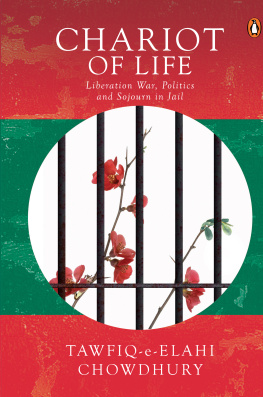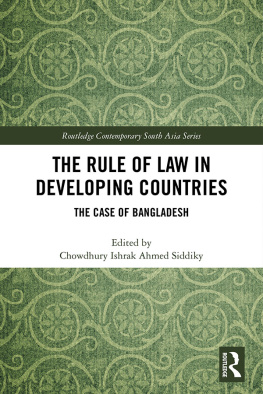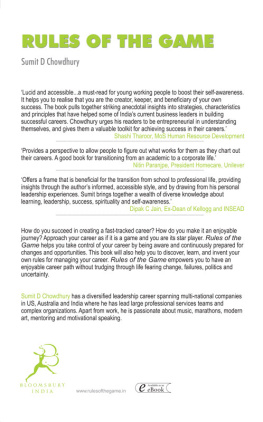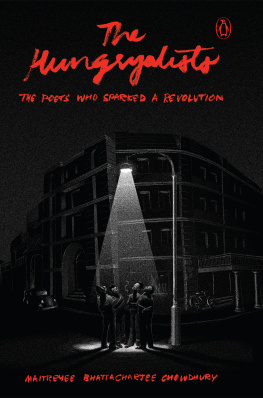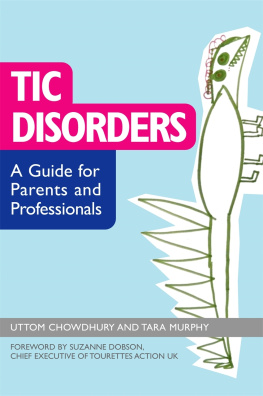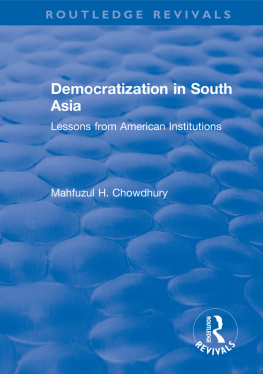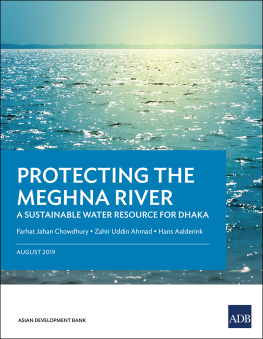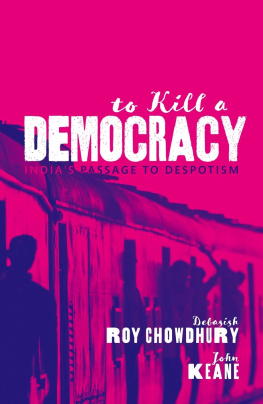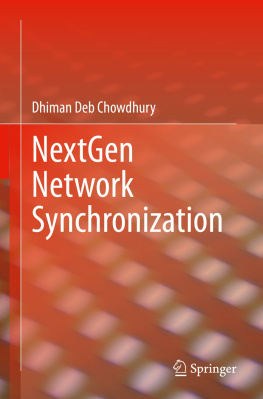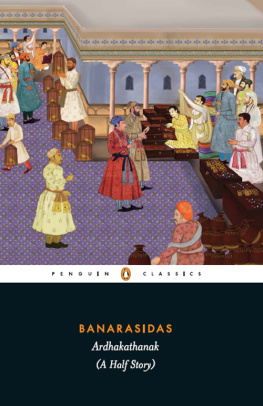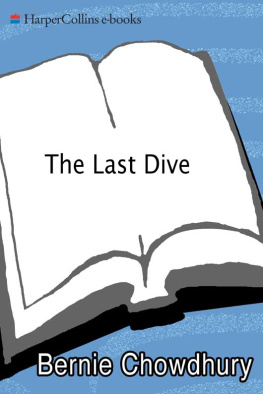Foreword and Acknowledgement
This book is based on facts that I have seen, heard and, in some instances, kept notes of, during the times it covers. Instead of getting into the philosophical or metaphysical debates over what is a fact, I would crave the indulgence of readers to take it as a modest attempt by an observer to narrate happenings around him over three and a half decades apart. Having made my case, I would still admit there could be inadvertent errors in respect of time, place and events mentioned in the book. But I hope they did not impair the essentials of the narrative.
I do not know how to acknowledge, when the list of people I am indebted to is countless. But then it is customary to do it in a book to reemphasize the social nature of all human beings.
I grew up, like most others, in the care, affection and support of grandparents, parents, uncles and aunts. They taught me, though I might not have lived up to their expectations, to embrace the world with humility, compassion and dignity. My siblings were both sources of joy and competition till we parted our ways in lifewith some for good too early. Besides the upbringing in the fold of the family, I had many teachersin school, among friends and one, in particular, in the family. To all of them, I am indebted immensely.
As a young man, I got involved in the War of Liberation with thousands of freedom fighters from all walks of lifemy friends during the finest hours. We were inspired and led by the Pied Piper who captivated us with the dream of independent Bangladesh,
ignited fire in our heart and soulBangabandhu, with whom our War became synonymous. Many of my comrades in arms were killed or wounded in action while many others passed away later. I have avoided mentioning them specifically, except for a few to give the account some anchors, since I do not remember all their namesno excuse though for my failing memory. Most of the accounts on the War in the book are thus written for we, since we did it together. To Bangabandhu and his followers, I can only pay my tributes.
For serious enquirers of history, I would recommend the documents collated in Bangladesher Sadhinota Juddher Dalil Patra (Bangladesh War of Independence Documents) 15 volumes, edited by Hasan Hafizur Rahman and published by Hakkani Publishers, 1982.
The incentive for putting together my personal account of the War came first from my father-in-law, Poet Jasim Uddin, who thought I had a treasure chest of interesting experiences to share. To his disappointment and that of my wife who had sacrificed days immediately after our marriage to give me time to write, the first attempt was aborted. Though encouraged by well-wishers and friends, I couldnt get down to writing for another three decades.
After retirement from public service in 2002, I made some attempts to put together my account of Triumph and Tragedies in fits and starts. This attempt was interrupted as I was incarcerated in 2008 on trumped up charges along with the then former Prime Minister Sheikh Hasina since I refused to give false testimony against her. Unlike in the Liberation War, I started keeping a detailed journal during my time in prison.
After my release from jail, I tried to make a book out of my journal and had given the draft to a publisher who thought that my experiences during the Liberation War were more worthwhile as a book than the account of my incarceration only. I was disappointed.
Then I thought of combining the two since my period in jail roughly coincided with the War over three and a half decades back and the experiences during incarceration were in stark contradiction to my expectations out of life. Hence this compilation of the two accounts in one.
I have used assumed names for my cellmates to avoid binding them to my account of their life in jail and allow the privacy they may prefer.
My ability to use Microsoft Word determined the language of the bookEnglish. The new generations of Bangladeshishome and abroad, who unfortunately have very little amity with their rich mother tongue, could get glimpses of the country, its legacy, ethos and history through this modest work that encompasses three quarters of a century, although occasionally I have gone back millennia. Also, this way, I hope to reach a global audience.
My wife Asma, our two daughters Duli and Mridula, and their husbands, Fahmi and Ahmed, gave me constant encouragement to finish a book that has been long overdue, according to them. Our seven-year-old only grandson, Roddur, wanted to know his Nanas spoils in the Liberation War. I could not let them down. I owe them the final push to a lazy member of the family.
Professor Syed Manzoorul Islam suggested that Syed Badrul Ahsan edit the manuscript and the latter instantly agreed. I kept sending the drafts to my editor as he travelled abroadbusy writing books, lecturing and fulfilling his journalistic responsibilities. Modern internet connectivity was a great facilitator. My editor not only did the laborious task of editing but also encouraged me to complete the book with occasional compliments. Without his involvement, the book might never have been completed. I am immensely grateful to Syed Badrul Ahsan.
I sat with Bibekananda Joydhar for reading proof who did the job with a smile under the prying eyes of Zia, Mehedi and Tahnia. My Assistant Private Secretary Muktadir Aziz provided valuable secretarial services, assisted by Sanaullah and Morshed. They deserve thanks.
To my detractors, my best wishesinadvertently though, they let me have a firsthand view of a forbidden world.
My wife Asma shared the roller coaster of my life with an abiding faith in me, though often I let her down. Without her sacrifice, this book would have remained a memory only.
To discerning readers, I rest my hope on their forbearance. Finally, the acknowledgement of the obvious, yet more important than any othermy profound gratitude to God for the gift of life. I owe everything to Him.
List of Acronyms
| ACC: | Anti-Corruption Commission of Bangladesh |
| ADC: | Additional Deputy Commissioner, second civilian officer in charge of the district in Bangladesh |
| AL: | Awami League, a political party that gave the leadership during the independence movement of Bangladesh and its Liberation War |
| BNP: | Bangladesh Nationalist Party, a political party that was formed in post-liberation Bangladesh, after the assassination of the Father of the nation, under the patronage of the army |
| BOP: | Border Outpost both in Bangladesh and India |
| CSP: | Civil Service of Pakistan, the elite central bureaucracy of Pakistan, in the mode of Indian Civil Service of British India |

